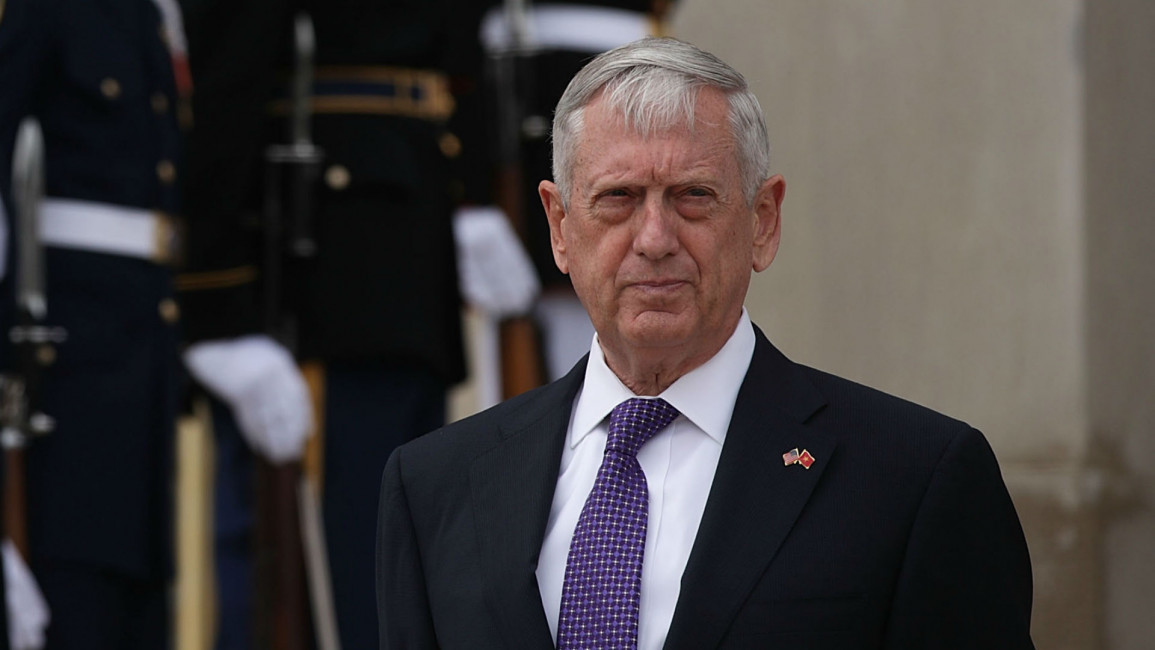Pentagon cuts number of reporters travelling with defence chief Mattis including to the Middle East
In a move raising concern over transparency of the US military's strategy overseas, for the first time in decades the Pentagon will not invite all three major wire services to be part of the press contingent.
The new policy will allow for only six seats on the secretary's plane: one wire service, one newspaper, a radio pool reporter, and a three-person TV crew, a Pentagon official told the Washington Examiner.
Officially, the plan was drawn up to deal with the high demand among news organisations to travel with Mattis, who was last month in Iraq and is seen as one of the most important and influential members of President Trump's team, and the limited space on the secretary's plane.
But as a result, there will be trips in which The Associated Press (AP) will be left behind in favour of the French news agency Agence France-Presse (AFP), or Reuters, the British wire service.
As the oldest and largest American wire service, AP has travelled with the defence secretary for decades.Thousands of news outlets around the world rely on the three news wires for their own coverage.
Pentagon officials say the small press pool is not a bid to limit coverage, pointing out that most of the secretary's events on the ground, where there is open coverage from all news media, and the interviews he gives on the plane are transcribed and distributed by the Pentagon within a few hours.
"We are committed to providing access to the media so that through them the public can understand issues important to the defense of our nation," chief Pentagon spokeswoman Dana White told the Washington Examiner.
"The secretary regularly takes press with him when he travels, and engages with the press frequently whether travelling or not," White said in an emailed statement.
"The number and composition of the press invited to travel with the secretary varies based upon the destination and type of events scheduled, and rotates among outlets in order to allow diversity in reporting."
Responding to the decision, Reuters' foreign policy correspondent Idrees Ali tweeted it "will affect oversight for people all over the world", adding it was "an unprecedented move that will limit transparency".



